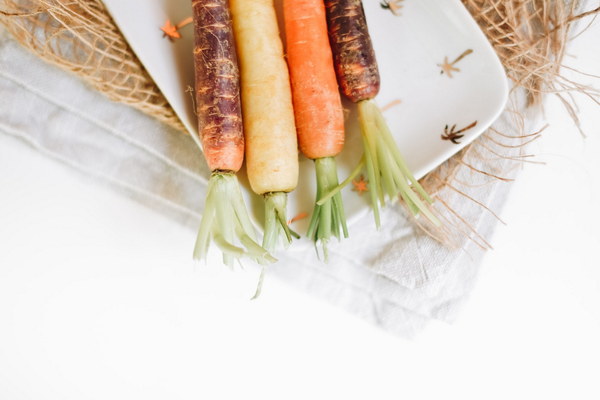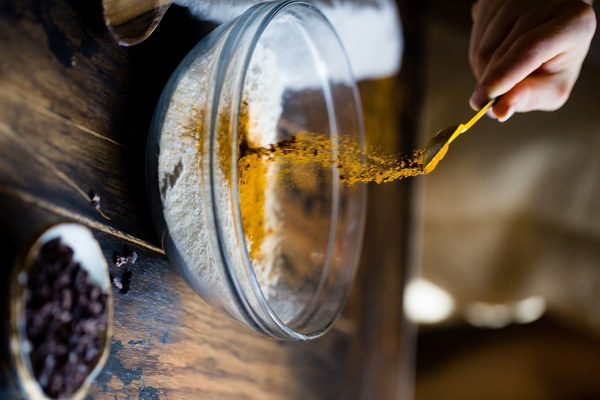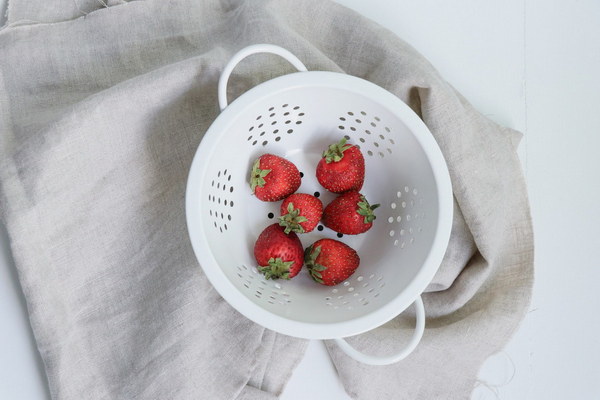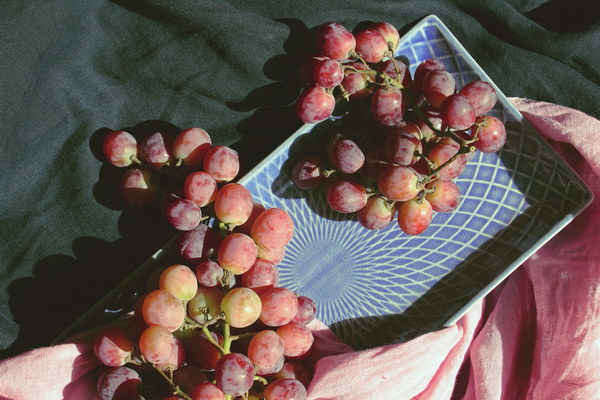Nourish Your Body with Sea Cucumber on the Winter Solstice A Traditional Chinese Health Ritual
As the winter solstice approaches, the shortest day of the year, the Chinese have a long-standing tradition of nourishing their bodies with nutritious foods. Among these, sea cucumber stands out as a superfood that is believed to offer a myriad of health benefits. Join us as we delve into the cultural significance of eating sea cucumber on the winter solstice and explore why it has become an essential part of traditional Chinese health rituals.
The winter solstice, also known as Dong Zhi in Chinese, marks the start of winter and is a time when the body is most susceptible to colds and flu. This is due to the drop in temperature and the body's natural defense mechanisms becoming less effective. To combat this, Chinese people turn to warming and nourishing foods that can strengthen their immune systems and promote overall health. Sea cucumber, with its unique properties, has become a staple in this seasonal ritual.
Sea cucumber, also known as trepang, is a gelatinous sea creature that belongs to the echinoderm family. It is found in tropical and temperate waters around the world, with the most prized variety coming from the South China Sea. This marine delicacy has been cherished for centuries in Chinese cuisine and traditional medicine for its supposed health benefits.
According to Chinese medicine, sea cucumber has a sweet and warm nature, making it an ideal food for the winter solstice. It is believed to tonify the kidneys, nourish the essence, and strengthen the immune system. These properties are particularly beneficial during the cold season, as they help to ward off illness and enhance overall vitality.
One of the key reasons sea cucumber is so revered in Chinese culture is its high protein content. It contains all nine essential amino acids, which are crucial for the body's growth and repair. Additionally, sea cucumber is rich in minerals such as calcium, zinc, and iron, as well as antioxidants that can help combat oxidative stress and inflammation.
In traditional Chinese medicine, sea cucumber is also used to treat a variety of ailments. It is believed to improve fertility, enhance skin health, and boost the body's ability to fight off diseases. Furthermore, sea cucumber is thought to have anti-aging properties, making it a popular choice among those looking to maintain youthful appearance and vitality.
Preparing sea cucumber for the winter solstice can be a time-consuming process. It often requires hours of cleaning, peeling, and soaking to remove sand and impurities. Once prepared, the sea cucumber can be cooked in various ways, including braising, steaming, or stir-frying. It can also be used in soups, stews, and desserts, offering a versatile and delicious way to incorporate this superfood into your diet.
To enjoy sea cucumber on the winter solstice, here's a simple recipe for Sea Cucumber Soup:
Ingredients:
- 1 sea cucumber, cleaned and soaked
- 1 chicken, cleaned and cut into pieces
- 10 goji berries
- 2 slices of ginger

- 8 cups of water
- Salt and pepper to taste
Instructions:
1. Soak the sea cucumber in water for at least 12 hours, changing the water every 2-3 hours.
2. In a large pot, bring the water to a boil and add the chicken pieces. Boil for 5 minutes, then remove the chicken and set aside.
3. Add the cleaned sea cucumber, goji berries, and ginger to the pot and bring back to a boil.
4. Reduce heat to a simmer and cook for 1 hour, or until the sea cucumber is tender.
5. Add salt and pepper to taste, and serve hot.
In conclusion, the winter solstice is a time for celebration and self-care in Chinese culture. By incorporating sea cucumber into your diet, you can honor this tradition and reap the numerous health benefits it offers. As the temperatures drop and the days grow shorter, take this opportunity to nourish your body and soul with the timeless wisdom of traditional Chinese health rituals.









